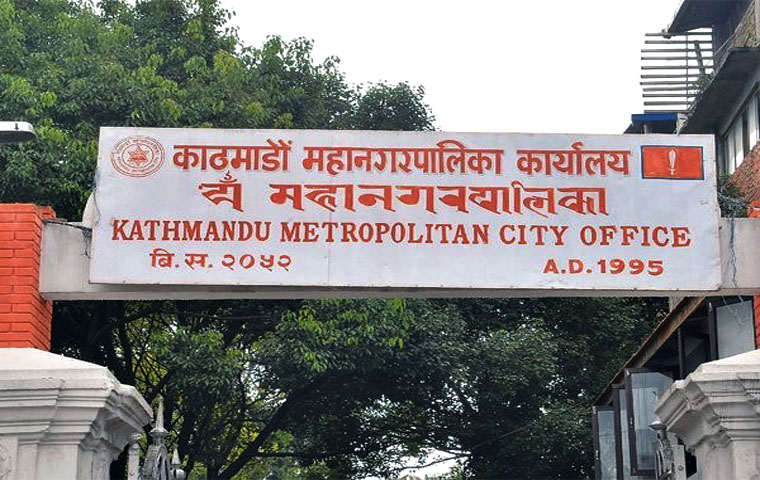
Kathmandu Metropolitan City Requires Hostels to Register for Improved Safety and Standards
Kathmandu Metropolitan City (KMC) has issued a mandatory directive for all hostels operating within its jurisdiction to register under its authority. This step aims to bring consistency, safety, and transparency to hostel management, ensuring a secure student environment.
Historically, hostels within KMC wards were registered through the District Education Office. However, KMC’s Education Department is now taking on these responsibilities directly. Last year, KMC introduced the Hostel Operational Standards 2080, which established minimum requirements for hostel operation. Yet, an official count of hostels in the area has not been confirmed.
According to Clause 3 of the standards, hostels must secure mandatory approval from KMC’s Education Department. Clause 8 specifies that KMC’s monitoring team will conduct on-site inspections, and only hostels meeting the required standards will receive operational licenses.
Education Officer Govinda Prasad Sharma emphasized that only hostels compliant with these standards can operate. While some hostels previously received approval from the District Education Office, those failing to meet KMC's updated criteria will no longer be granted operational status.
To register, hostels within KMC must submit a structured plan, a commitment statement, a ward recommendation, a building layout with an approval certificate, and a completion certificate. Applicants must also provide proof of land ownership if the property is owned or submit a lease copy if rented.
Operational approval from KMC’s Education Department will be granted only after thorough on-site monitoring confirms compliance. Hostels are expected to provide necessary facilities, including adequate toilets, kitchens, consistent water supply, electricity, beds, wardrobes, desks for each resident, waste management, and regular sanitation.
Safety measures are also mandated, requiring hostels to be equipped with fire safety equipment and CCTV surveillance to avoid areas prone to disturbances or pollution.
Additionally, hostels must maintain a minimum distance of 200 meters from each other, with separate accommodations for male and female residents. Operations must be conducted from separate buildings if the same operator manages both hostels. The minimum age for hostel operators is 30, as they are expected to act as guardians of their residents.
Education Officer Sharma added, “We have set an age limit for hostel operators because they are expected to fulfill a parental role for the students.”
Kathmandu




